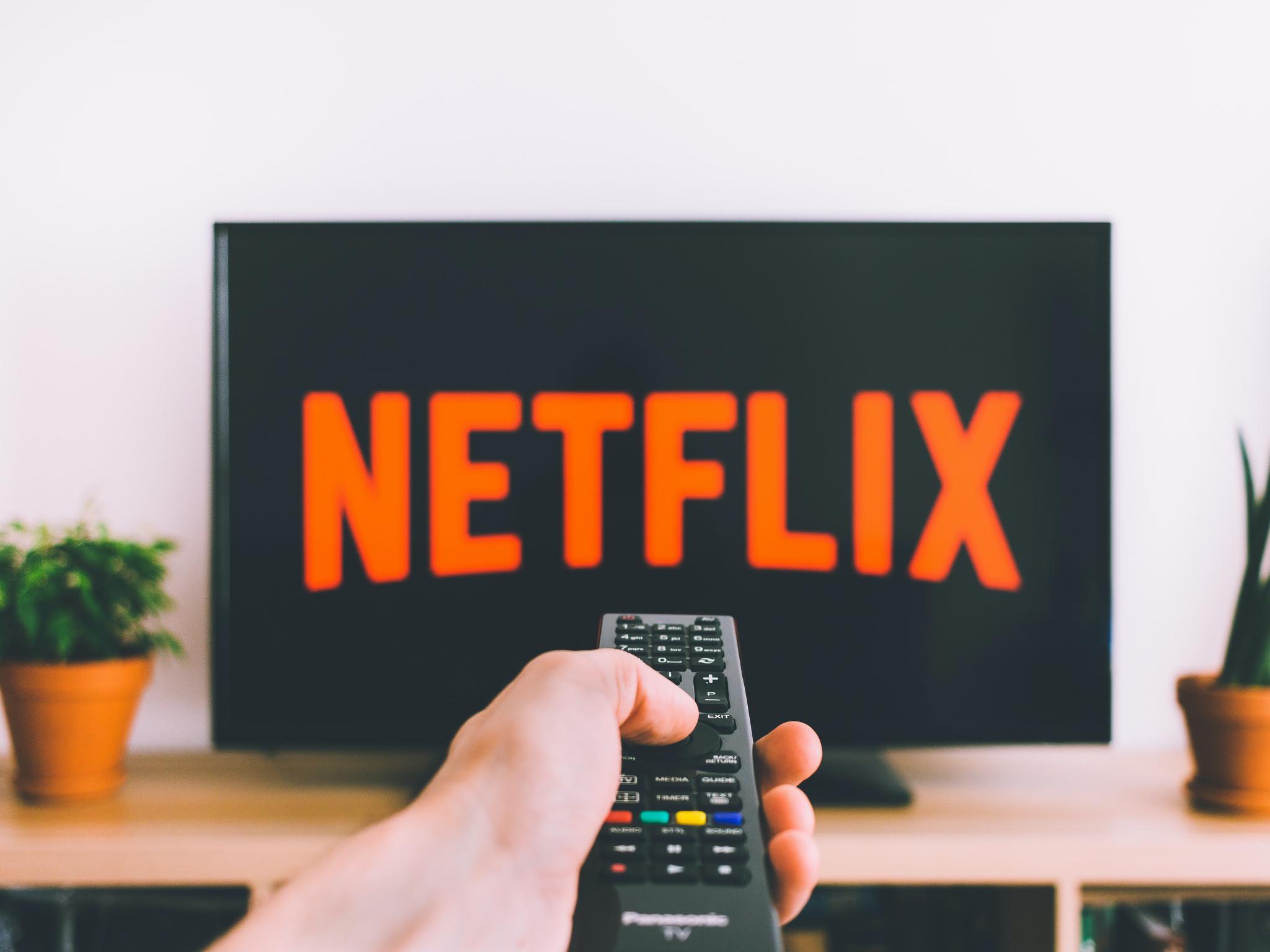
Netflix Inc (NASDAQ:NFLX) has seen a marked slowdown in net subscriber additions amid competition from other streaming services.
An analyst at KeyBanc Capital Markets sifted through viewership data and suggested a few tests to know whether the company's pre-COVID strength will return.
The Netflix Analyst: Justin Patterson maintained a Sector Weight rating on the shares.
The Netflix Thesis: Netflix's viewership data suggests hours per subscriber for hit series are well below pre-COVID-19 pandemic levels, analyst Patterson said. The metric has fallen from the pre-COVID median of 3.8 hours per subscriber to about 2.2 hours per subscriber, the analyst noted.
The decrease could be due to more content being aired now, Patterson said. Even as the company's content library has grown significantly over the past five years, rivals have also ramped up content, he added.
Therefore, it is harder for a series to gain attention, the analyst said.
Secondly, Netflix's English content may not get much traction as more growth comes from outside the U.S. now, Patterson said.
Related Link: Netflix Analyst Upgrades Stock After Longtime Bearish Stance: Here's Why
While bulls may view the scale and diverse content as advantages, bears may begin to think competition is encroaching upon engagement, resulting in reduced returns on content spend, KeyBanc said.
The firm said it thinks "Bridgerton" season 2, scheduled to be released on March 25, and "Stranger Things 4" part 1 and part 2, which will start airing on May 27 and July 1, respectively, are tests to determine whether the content is carrying the same impact.
Engagement for these upcoming major original content and reactions to recent price increases will help signal whether Netflix can return to more than 15% revenue growth and about 3-point annual margin expansion, the firm said.
This could help the company to eventually return to more than 20 million annual net adds and/or mid-to-high-teens revenue growth, it added.
Netflix Price Action: Netflix shares were up 3.53% to $342.72 Tuesday morning at publication.
Related Link: Why This Analyst Thinks Netflix Can't Win Streaming Wars With Its Current Strategy







